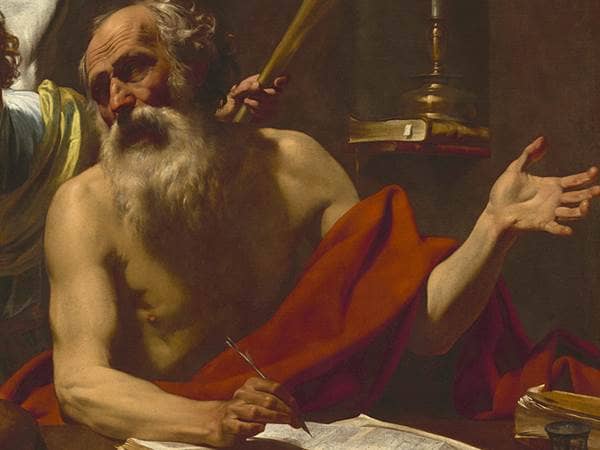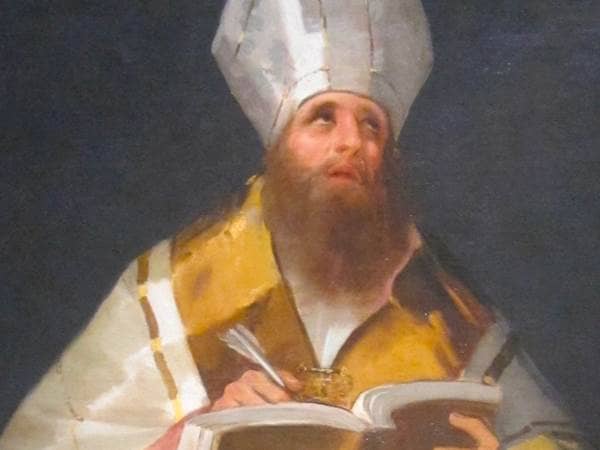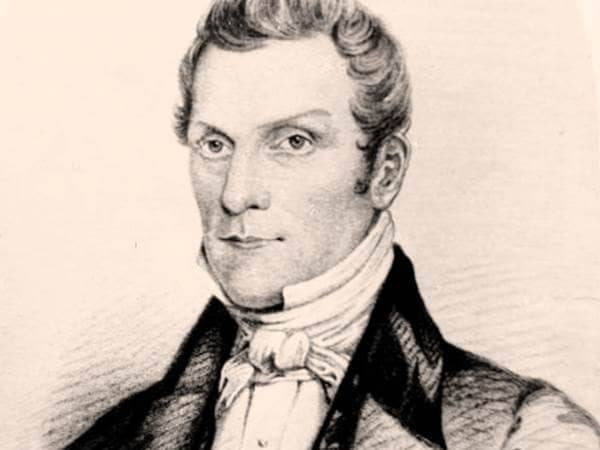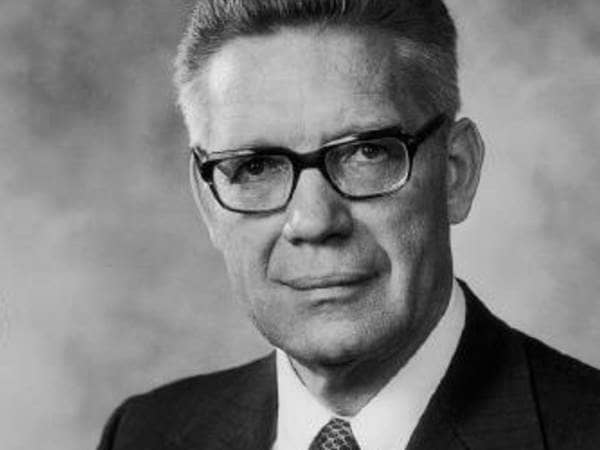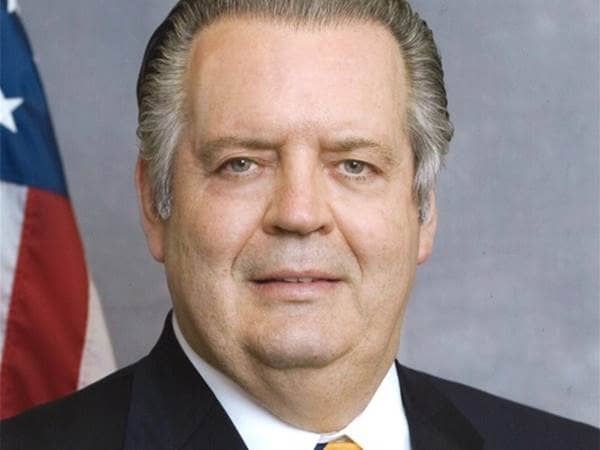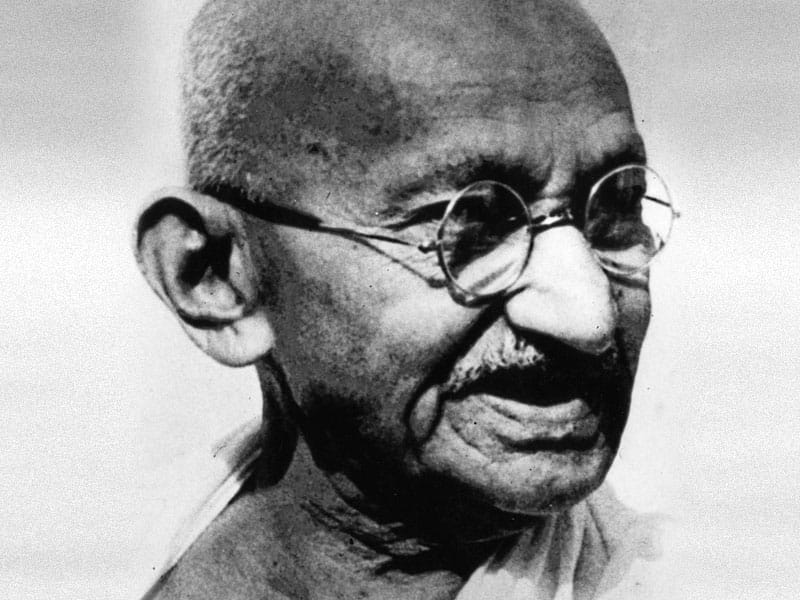
- Lived: October 2, 1869 - January 30, 1948 (Modern Era)
- Nationality: Indian
- Known for: Ending British rule of India through nonviolent protest
Mahatma Gandhi grew up on the Western Indian coast, where world trade has continued for 3,000 years, and his father was a prominent government minister. He was deeply influenced by his mother’s Pranami tradition of Hinduism, which reveres a small collection of early texts, above all the Bhagavad-Gita, and considers their truths to be the universal core of other religions as well. At age 18, Gandhi left India, his wife and their 1-year-old to train as a lawyer in London. While there, he also encountered the Theosophical Society, pacifist and animal rights activist Henry Salt, and the writings of Henry David Thoreau. Now a lawyer, he took a position in South Africa.
Gandhi had thought of himself as an educated member of the British Empire, but in South Africa, where Indians were lumped together with other people of color, he was forbidden to sit with Europeans, required to get out of the way if a European approached, beaten for perceived slights, and came to see that his life experience in London and at home was not the fate for most people of color under British rule. His job ended, but Gandhi decided to stay and as an activist for people there of Indian descent, which he did for the next two decades. During that time, through his correspondence with radical Christian pacifist Leo Tolstoy and other reading, Gandhi developed his strategy and commitment to pacifism and nonviolent protest.
While in South Africa, Gandhi wrote that if Indians decided to stop cooperating with British rule en masse, it would not survive. In 1915, the leader of the Indian National Congress appealed to Gandhi to return to India to help. He did so, and quickly took a key role in the political group. He applied his practice of mass nonviolent protests and boycotts in 1919. The British responded by firing on unarmed protesters and arresting Gandhi, but he continued to call for nonviolence, and criticized his side for responding in anger. When the leader of the National Congress died in 1920, Gandhi took over and broadened the boycotts and protests. He was arrested for sedition and jailed for two years. Gandhi continued to organize and protest, and in 1930 declared independence and led a peace march of several hundred miles. The British arrested 60,000 protesters, but their position had weakened. They released the protesters, and met with Gandhi to negotiate. The results of these negotiations were disappointing, and Gandhi began a new round of nonviolent protests.
With World War II, Gandhi lost support with his pacifism, but his focus on the hypocrisy of Indians fighting for freedom they themselves did not share found resonance. When he declared independence again and was arrested, along with all party leaders and tens of thousands of party members, nationwide rioting and destruction of British property ensued. From prison, Gandhi called on his country to stop the violence but to completely stop cooperating with the British in government and business. Gandhi was released after two years, now age 75. In the following few years, the British gradually accepted and then negotiated the end of their rule. Gandhi was heartbroken because it came at the price of dividing India into a Hindu India and a Muslim Pakistan. Despite his pleas for peace, riots followed, and a half million were killed. A Hindu nationalist who opposed Gandhi’s negotiating with Muslims assassinated him.
Gandhi stands in the middle of a line of religiously grounded pacifist tradition. Raised in his own Hindu faith, especially attached to the core teaching of the Bhagavad Gita, and exposed to Jain thought, he was introduced to Christian thinkers like Thoreau and Tolstoy. In turn, Gandhi was a direct inspiration and influence on Martin Luther King, Jr., Nelson Mandela, and many others.
Gandhi had thought of himself as an educated member of the British Empire, but in South Africa, where Indians were lumped together with other people of color, he was forbidden to sit with Europeans, required to get out of the way if a European approached, beaten for perceived slights, and came to see that his life experience in London and at home was not the fate for most people of color under British rule. His job ended, but Gandhi decided to stay and as an activist for people there of Indian descent, which he did for the next two decades. During that time, through his correspondence with radical Christian pacifist Leo Tolstoy and other reading, Gandhi developed his strategy and commitment to pacifism and nonviolent protest.
While in South Africa, Gandhi wrote that if Indians decided to stop cooperating with British rule en masse, it would not survive. In 1915, the leader of the Indian National Congress appealed to Gandhi to return to India to help. He did so, and quickly took a key role in the political group. He applied his practice of mass nonviolent protests and boycotts in 1919. The British responded by firing on unarmed protesters and arresting Gandhi, but he continued to call for nonviolence, and criticized his side for responding in anger. When the leader of the National Congress died in 1920, Gandhi took over and broadened the boycotts and protests. He was arrested for sedition and jailed for two years. Gandhi continued to organize and protest, and in 1930 declared independence and led a peace march of several hundred miles. The British arrested 60,000 protesters, but their position had weakened. They released the protesters, and met with Gandhi to negotiate. The results of these negotiations were disappointing, and Gandhi began a new round of nonviolent protests.
With World War II, Gandhi lost support with his pacifism, but his focus on the hypocrisy of Indians fighting for freedom they themselves did not share found resonance. When he declared independence again and was arrested, along with all party leaders and tens of thousands of party members, nationwide rioting and destruction of British property ensued. From prison, Gandhi called on his country to stop the violence but to completely stop cooperating with the British in government and business. Gandhi was released after two years, now age 75. In the following few years, the British gradually accepted and then negotiated the end of their rule. Gandhi was heartbroken because it came at the price of dividing India into a Hindu India and a Muslim Pakistan. Despite his pleas for peace, riots followed, and a half million were killed. A Hindu nationalist who opposed Gandhi’s negotiating with Muslims assassinated him.
Gandhi stands in the middle of a line of religiously grounded pacifist tradition. Raised in his own Hindu faith, especially attached to the core teaching of the Bhagavad Gita, and exposed to Jain thought, he was introduced to Christian thinkers like Thoreau and Tolstoy. In turn, Gandhi was a direct inspiration and influence on Martin Luther King, Jr., Nelson Mandela, and many others.
Back to Search Results
